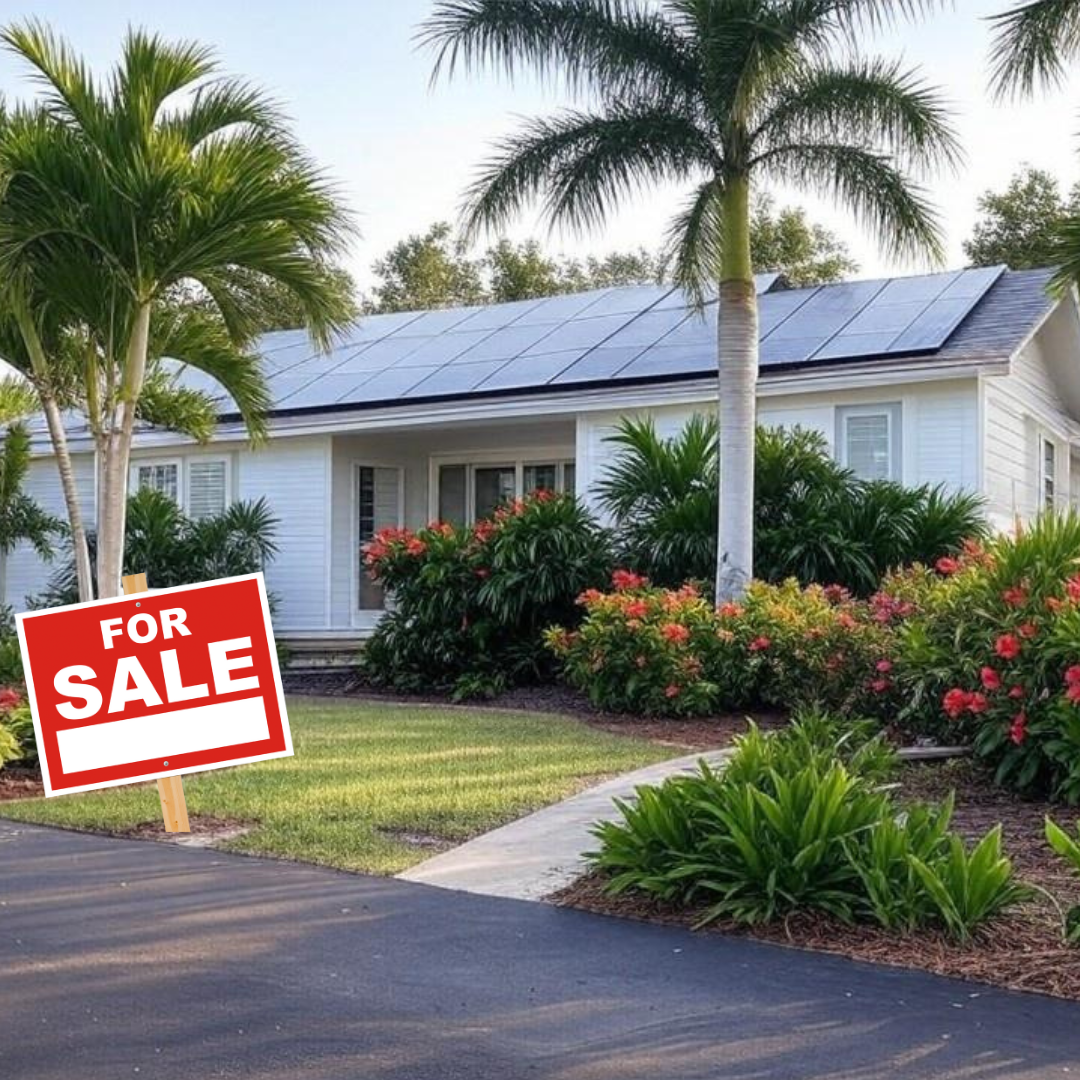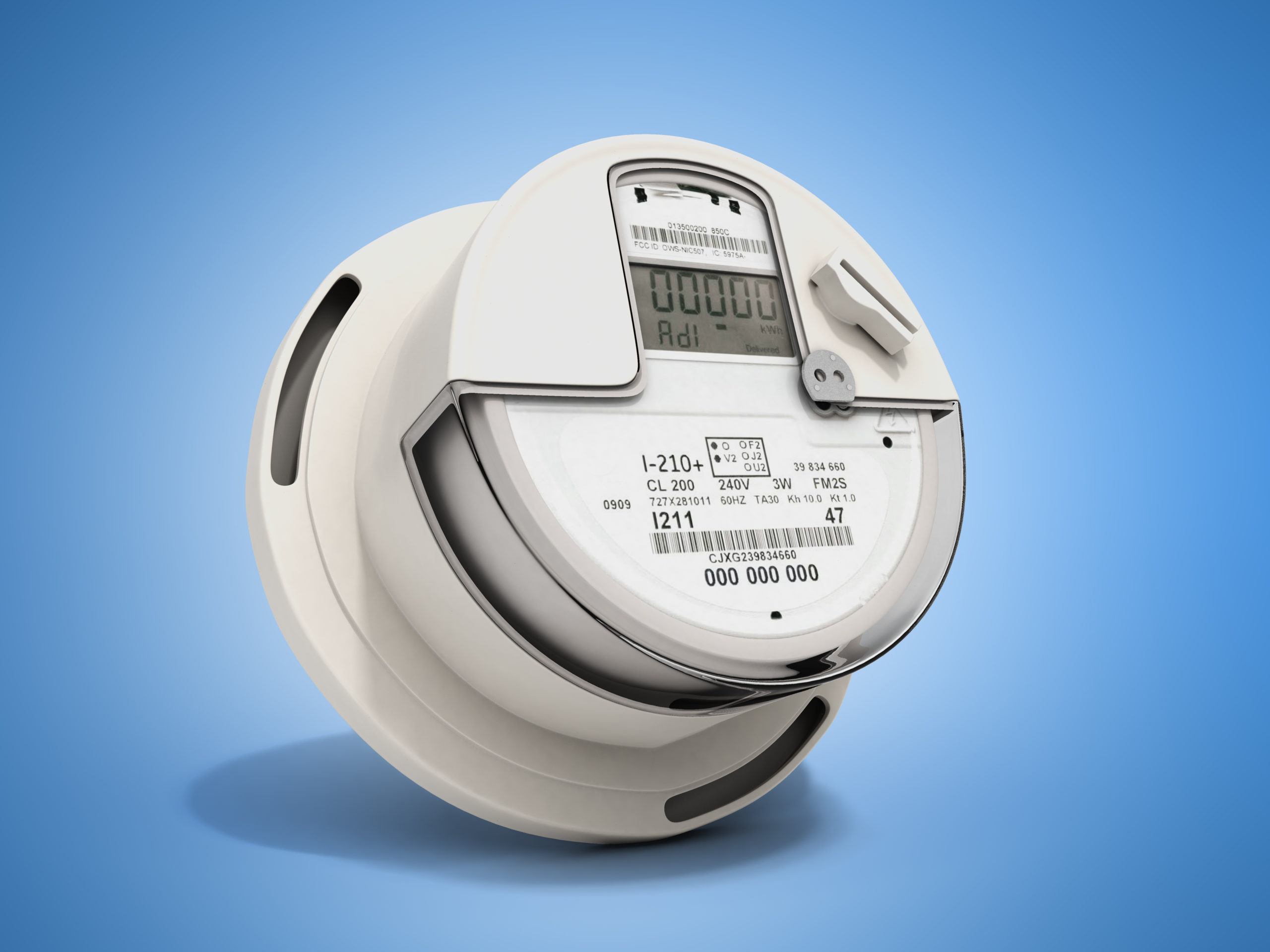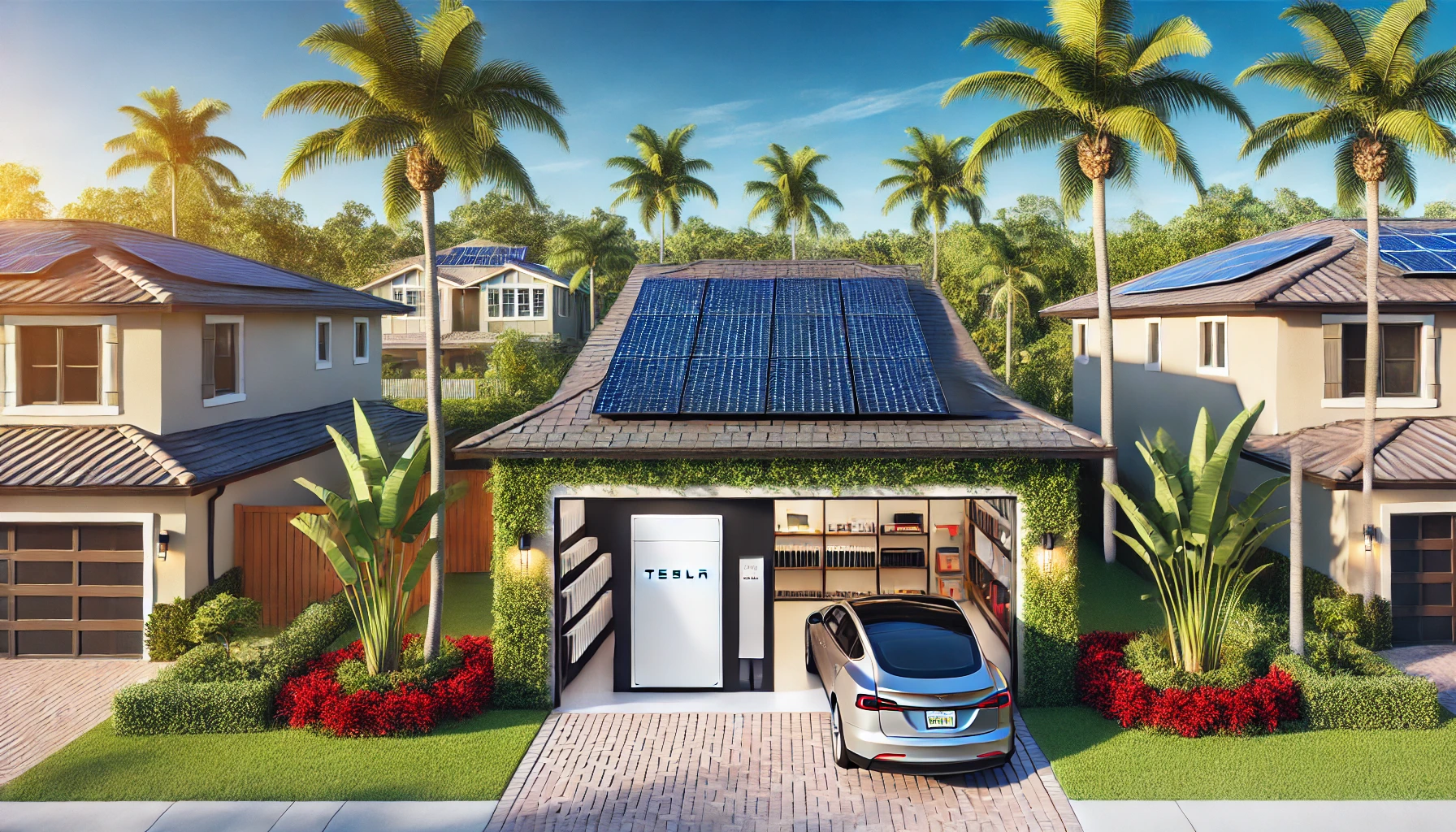Going solar has excellent advantages:
- Lower power bills. What you pay your power company will be 40 to 70% less every month, and in the summer, your power company may have to pay you.
- Secure investment. When you buy your solar panels upfront, your tax credit usually covers about half the total cost. When it’s time to sell your house, the sales price will typically cover the other half of the cost of installation.
- Energy access. Solar power keeps your lights on and your power running even when the lines are down.
- Tax credits. Most Florida homeowners get $7,500 to $15,000 back on their federal income taxes for the year they go solar.
- Low maintenance. Professional solar installation won’t damage your roof, and it’s rare for solar installations to need repair in their expected 25-year life.
- No burdensome space requirements. Solar doesn’t take any space in your house or in your yard. And there are solar panels that can add to the aesthetic appeal of your roof.
- You’re taking stress off the environment. When you go solar, you don’t contribute to rising CO2 levels or nuclear waste.
Are you planning on going solar? Here are six things to consider before going ahead with your new solar installation.
Make sure your roof is in good condition.
This requires someone to get up on your roof to take a look. We can handle that for you. You don’t want to need to repair your roof after your panels are in place. And you also want a skilled installer to keep a sharp out for your roof’s structural integrity as your system is being installed.
Run the math on buying versus leasing.
Many homeowners buy/finance their solar panels and pay for their solar installation upfront. You don’t necessarily have to have the $15,000 to $30,000 a typical Florida solar panel installation costs in cash. It’s relatively simple to take out a solar loan for 10 or 15 or 20 years and sometimes more.
And when you buy/finance your solar panel outright, you typically get a tax credit for half the cost on your tax return for that year. That’s half of the $15,000 to $30,000 cost of going solar.
If you don’t have cash or credit, you can lease your solar system. The reduction in your monthly utilities payments more than makes your lease payments. Most leases have a buy-out provision if you want to sell your house, or you may be able to transfer your lease to your buyer. But you’ll get about two to three times more cash flow from buying than leasing.
Do an energy audit.
There’s no point in making energy if you aren’t taking full advantage of it. We conduct an energy audit that can show you how to make your energy costs even lower.
Grid, off-grid, or something in between?
Solar panels give you power when you decide to go off-grid. Most Florida housing codes don’t make going off-grid easy, but you certainly want power when the lines are down. Ask about integrating some of the technology that makes off-grid solar power work, like batteries for power at night, into your solar system, even if you are staying on the grid.
Plan for a payoff.
Having a 3.6 kW solar system adds, on average, $15,000 to the selling price of a Florida home, and your solar-powered home will typically spend less time on the market. When you do the math, you will see that the additional sales price and the tax credit cover your system’s usual cost, plus you get lower bills for many years.
Choose the right contractor.
We are your local certified dealers for the SunPower Elite and Commercial, Tesla Powerwall, and every aspect of getting your home on solar. Request a quote online or call us at (561) 440-9515 today!





